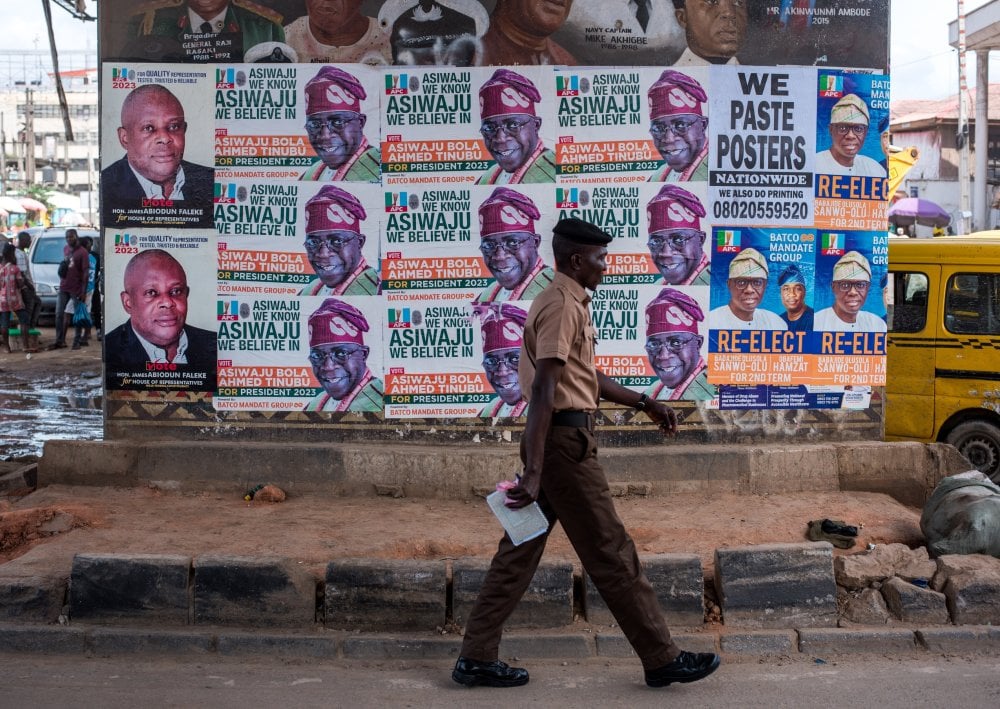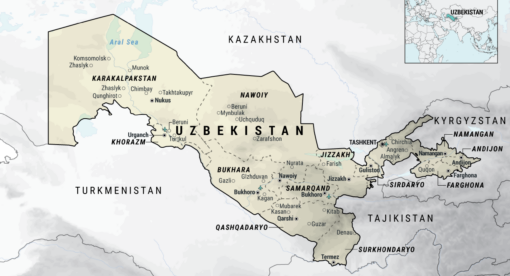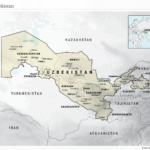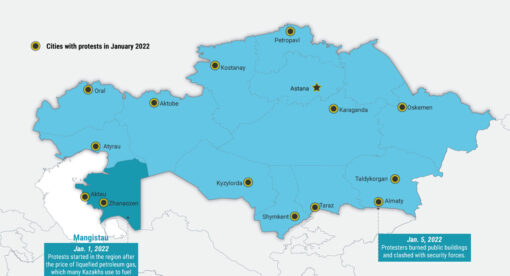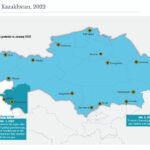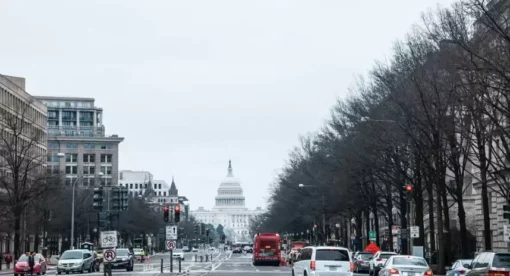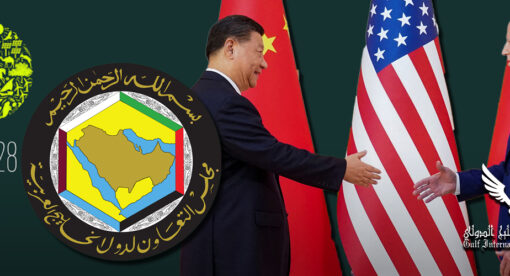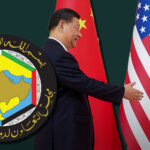by Tammy Palacios and Azeem Ibrahim
The United States and the international community closely watch Nigerian president Bola Tinubu navigate his new tenure over the Nigerian state and the Economic Community of West African States (ECOWAS). Having come into office only six months ago, Tinubu inherited a precarious security situation, primarily fueled by the notorious Boko Haram insurgency. The extremist group, founded in 2002, seeks to establish an Islamic state in the region and has perpetrated numerous heinous acts, including abductions, bombings, and massacres. Despite concerted efforts by subsequent Nigerian governments and international partners, eradicating the threat remains elusive. Additionally, regional complexities, ethnic tensions, and economic disparities exacerbate the situation. The humanitarian toll is staggering, with widespread displacement and loss of life.
In 2022, 48 percent of all terrorism deaths worldwide occurred in Sub-Saharan Africa. Niger and Gabon, neighboring and smaller West African countries, were the latest in a line of military overthrows, being referred to as a contagion of coups.
Read more here: https://nationalinterest.org/feature/can-nigeria%E2%80%99s-new-government-address-its-growing-security-challenges-208117

